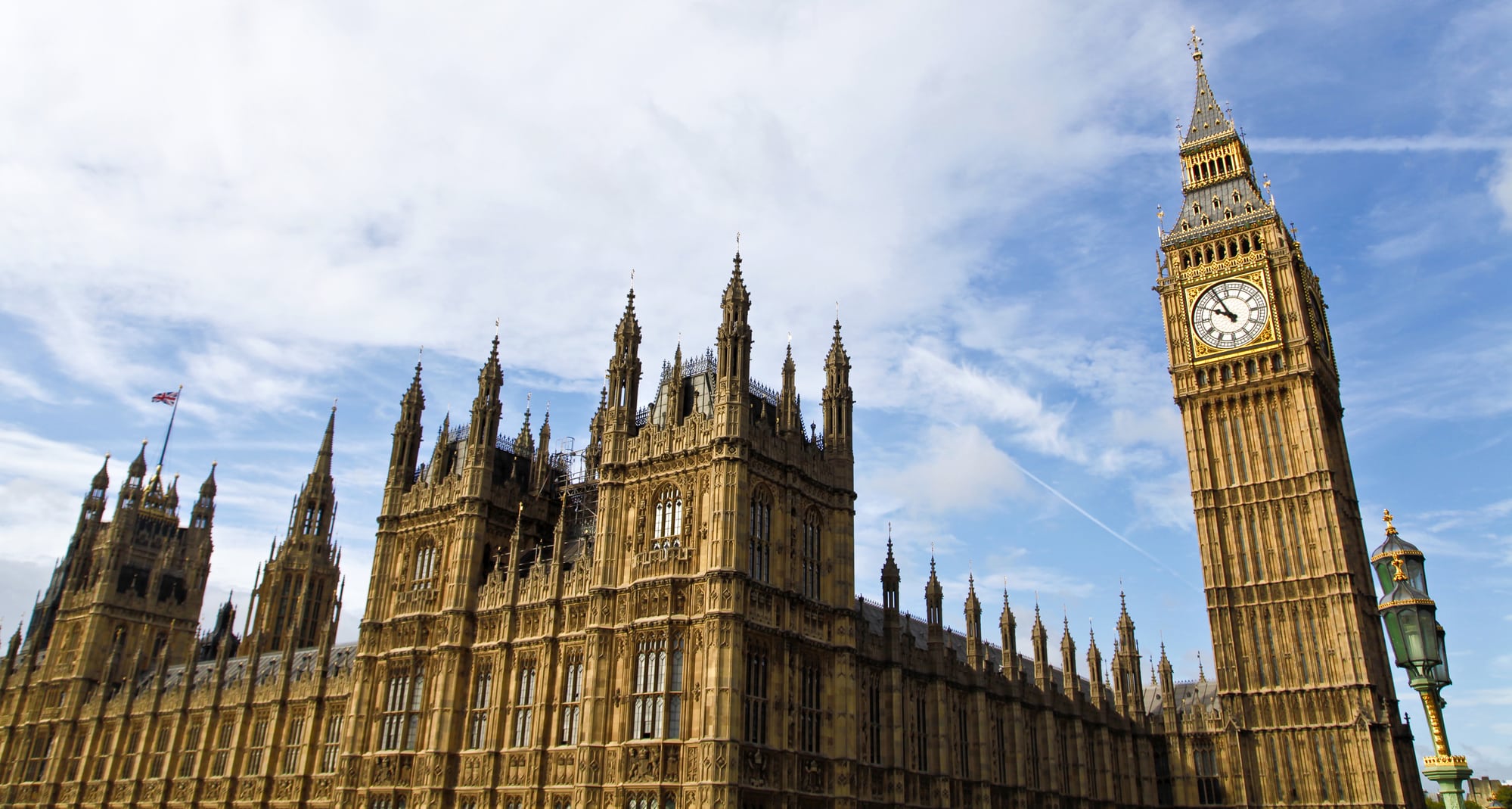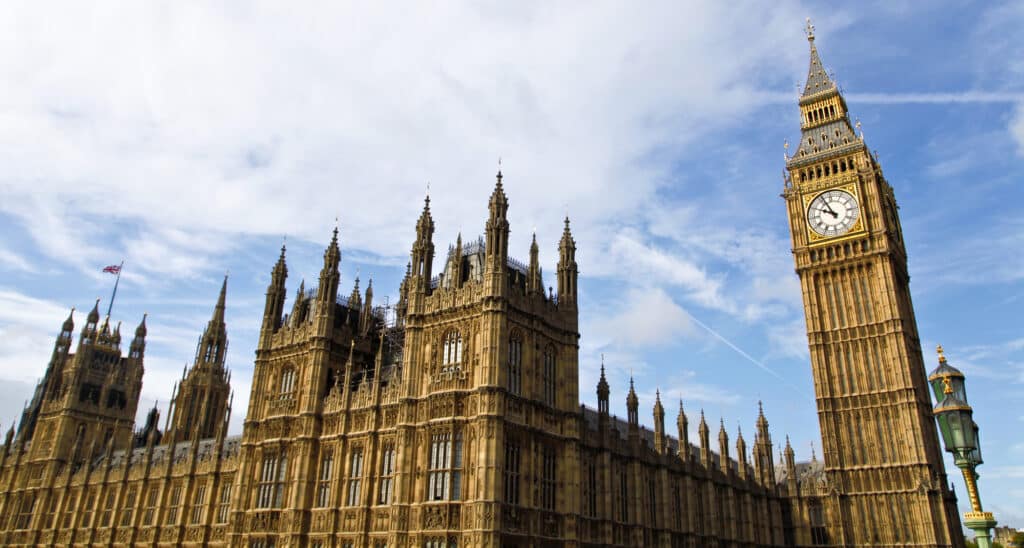How will the Criminal Finances Act change the corporate legal landscape and what compliance challenges does it bring?
Business Ethics Debates | read time: 7 min

The debate began with an overview of the significant new powers and changes brought about by the Criminal Finances Act:
- Ability to seek multiple extensions to the SAR moratorium period for up to an additional six months.
- Introduction of information orders, compelling the provision of information relating to any issue raised by a domestic or equivalent overseas SAR (including compelling someone other than the SAR-maker if in the regulated sector – it is a criminal offence not to comply).
- Regulated firms will be able to seek and share information relevant to a money laundering suspicion.
- Unexplained Wealth Orders (UWOs) reverse the burden of proof regarding assets worth more than £50,000, requiring the owner of the assets, if reasonably suspected of involvement in a serious crime, to demonstrate that they came from a legitimate source. Failure to do this gives rise to a rebuttable presumption that the property is recoverable AND creates an offence of giving false information.
- Disclosure orders have been simplified, requiring any person with relevant information to provide it to the money laundering investigation, in the knowledge that it cannot be used against them.
- Introduction of new forfeiture/freezing/recovery powers to seize listed assets worth in excess of £1k.
- Amendment of the definition of unlawful conduct for civil recovery purposes to enable the recovery of property obtained through gross human rights abuse or activities that support such abuses. Assets obtained through such abuses are recoverable.
In its analysis of the Criminal Finances Act, the press has focussed on the failure to prevent the facilitation of tax evasion aspect of the new legislation, presuming that it will be aimed at the lawyers, financial advisers and accountants who assist with setting up trusts and corporate structures to minimise tax payments. However, the offence will have a far wider potential impact in terms of who may face liability. It also brings with it an administrative cost burden with regard to the introduction of adequate protective controls.
As with the Bribery Act, while the number of prosecutions may be small, the wider impact on businesses and corporate culture is likely to be significant.
The corporate failure to prevent the facilitation of tax evasion was explored and they key points highlighted:
- While the Criminal Finances Act does not alter the meaning of tax evasion or criminalise tax avoidance, it does target deliberate and dishonest behaviour.
- It makes a corporate guilty for the actions of associated persons arranging tax evasion on the corporate’s behalf.
- It mimics the Bribery Act corporate offence in concept and defence.
- It applies to all businesses irrespective of sector and to any anyone with a UK presence or who transacts with someone who has UK tax liabilities.
- The penalties are as follows: unlimited fine; confiscation; risk of debarment from competing for public contracts.
- Two offences are covered by the Act: facilitating evasion of (i) UK tax and (ii) foreign tax
Failure to prevent the facilitation of UK tax evasion
This was explained as follows:
- Any corporate wherever operating (“X”) (no connection to UK required)
- A person (“Y”) evades UK taxes of any kind
- Another person (“Z”) in providing services for X deliberately & dishonestly facilitates Y’s evasion of UK tax
- X fails to prevent Z’s act
Failure to prevent the facilitation of foreign tax evasion:
This was explained as follows:
- UK/ overseas corporate carrying on part of a business in UK (“X”) or where relevant act/omission occurs in UK
- A person (“Y”) evades taxes overseas (which would be an offence if occurred in UK)
- Another person (“Z”) in providing services for X deliberately and dishonestly facilitates Y’s evasion (which would be an offence if occurred in UK)
- X fails to prevent Z’s act
In both circumstances, if X had reasonable procedures in place to prevent the facilitation it would have a defence, echoing the provisions of the Bribery Act. Government guidance on the Act has now been published, focusing on the same six principles as the Bribery Act guidance. There is recognition that it takes time to develop appropriate procedures, so the guidance acknowledges that “what is reasonable on the day the new offences come into force will not be the same as what is reasonable when the offence has been in effect for a number of years”. However, HMRC has also made clear that it expects “rapid implementation”. Adding ‘tax’ to existing AML or ABC controls is unlikely to suffice. Some felt, however, that the guidance was not specific or sufficiently detailed to be helpful. Companies wanted to know what offences are of prime concern to HMRC.
Does this matter if you are corporate rather than a financial adviser or institution?
Yes. The offence exposes all corporates to criminal liability when those acting on its behalf dishonestly assist someone else to commit tax evasion. This includes paying a contractor in cash; invoicing a foreign subsidiary of a customer rather than the company actually receiving the goods/services, to help them avoid paying VAT or describing goods in invoices or export documents in such a way that they enable lower customs duties to be paid by the customer when importing them.
While there is a defence if this occurs, corporates need to spend time, effort and money formally assessing exposure to the offence and then developing “reasonable procedures” to mitigate those risks. Can a board, acting in the best interests of the business afford not to make this investment?
Other consequences of the Criminal Finances Act
- Changes to the SAR regime mean that if you make a consent SAR before proceeding with a transaction, you may have to wait up to 6 months before you can complete that deal.
- If your bank is suspicious about transactions on your account, they might make a SAR and your account could be frozen for up to 6 months while the authorities investigate.
- New information sharing powers mean different financial institutions can now seek and provide information about your business to each other when looking to get to the bottom of a ML suspicion, whether or not you would like them to.
Do we need these new offences and powers?
Some would say yes, as the Government’s own risk assessment shows that money laundering and terrorist financing is becoming more sophisticated so tougher powers are needed. However, the Act does create some convoluted and complex processes, together with some onerous powers.
While the political and ethical rationale for preventing the facilitation of tax evasion are obvious, is it reasonable that a corporate could be prosecuted if an agent or employee wrongly and dishonestly helps someone to evade tax? Unlike the Bribery Act corporate offence, it isn’t the company that stands primarily to benefit from the wrongdoing per se, but a third party who wants to pay less tax on monies that are otherwise legitimate.
Is it right that a company’s criminal liability exposure should be different for different offences?
Has the government merely avoided grappling with the more challenging question of when a company should be held criminally liable?
Do these new offences go too far the other way and overstep the boundaries of when a company should be required to act, in effect, like a regulated business?
Asked if the Criminal Finances Act would have an impact, the vast majority said yes. Those who felt it would have little impact believed that most of the required behaviours were common sense and were being carried out anyway to protect the business and its reputation. It was also felt that their businesses were low risk.
The likely impacts were explored in detail.
Culture:
- The demands of the legislation, and the obligation to prevent, provide companies with a valid reason to start asking questions and enhancing controls which will drive a real culture change.
- It provides an opportunity to look more closely at tax and payment structures to ensure the company is on the right side of the evasion/avoidance divide – failure to do so would be negligent. However, this should not prevent normal and legal discussions around tax from taking place.
- It will compel business to get to know their suppliers and third parties much better which will also assist with other controls such as ABC/AML.
- The procedures required by the Act can also be seen as part of good corporate risk management.
Risk assessment:
- To comply with the law, businesses will need a better understanding of the ways in which tax evasion could be carried out and their potential exposure.
- Processes and business activities will need to be reviewed to make sure all risks are known and understood with appropriate mitigation strategies put in place.
- Is the organisation aware of all the payment arrangements with contractors to ensure none of them evade tax?
- Risks will need to be categorised and prioritised.
- A principles-based approach could be taken around requests for payments requiring staff to consider why they might be asked to do something.
Training & monitoring:
- Staff will need training on the new legislation, on the risks to the company, on the difference between tax evasion and avoidance and how to raise concerns.
- Awareness of the type of payments that may facilitate tax evasion must be high and the right questions to ask to avoid such payments made clear. Staff must be made aware of their duties under the new law.
- Systems and controls will need to be kept under review to ensure they are properly embedded and working. This will also help identify any further training requirements.
The GoodCorporation View
Complying with a reasonable procedures defence can be challenging for companies as it clearly involves a real investment in time and resources. Not just in implementing a robust system, but in ensuring that it is properly embedded and working effectively to protect the organisation. A risk assessment is clearly the first place to start, but companies will also need a criminal finances or financial crime policy that is formally approved at board level. This needs to be a board-agenda item, with a high level of ownership and a public commitment to zero tolerance. Boards are required to report on their tax affairs and their approach to preventing the facilitation of tax evasion should form part of that reporting.
work with us